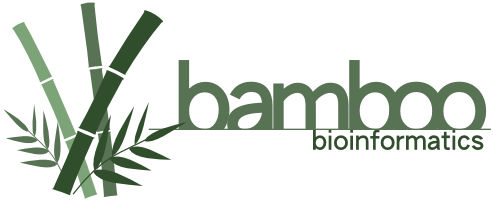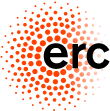The project decomposes into four main parts - (1) genetic dialog, (2) metabolic dialog, (3) symbiotic dialog and genome evolution, and (4) symbiotic dynamics - that are however strongly interrelated, and the study of such interrelations will represent an important part of the proposed work. Each part will contain two main types of approaches. One will be exploratory in nature and will aim at investigating uncharted territories, and we expect there are many such territories. A second type of approach will aim at answering to specific biological questions (hypothesis testing).
The project has a number of final broad objectives, biological and methodological. The main methodological objective, besides the development of a suite of well defined and efficient analytical algorithms, is to arrive at good models of what could be a biological system but is not (random hypothesis necessary to derive new knowledge) and of what is, indeed, a biological system (the knowledge of which should enable to do the simulations that are necessary to make predictions). The main biological objective is to try to relate the contours of the genomic and biochemical landscapes observed to the modus operandi of the symbiotic relation, thereby offering a hope of better understanding the latter, in particular its evolution.
A second biological objective, larger and which this project hopes just to sketch for a longer term investigation, will aim at getting at a better grasp of species identity and of a number of identity-related concepts. Can we indeed speak of individuals, for instance humans, or should we instead always refer to colonies of individuals, “supra-organisms with an internal ecosystem of diverse symbiotic microbiota and parasites” (J.K. Nicholson et al., Nat. Biotech. 2004), in different types of inter-relationships and with different degrees of self-autonomy?



